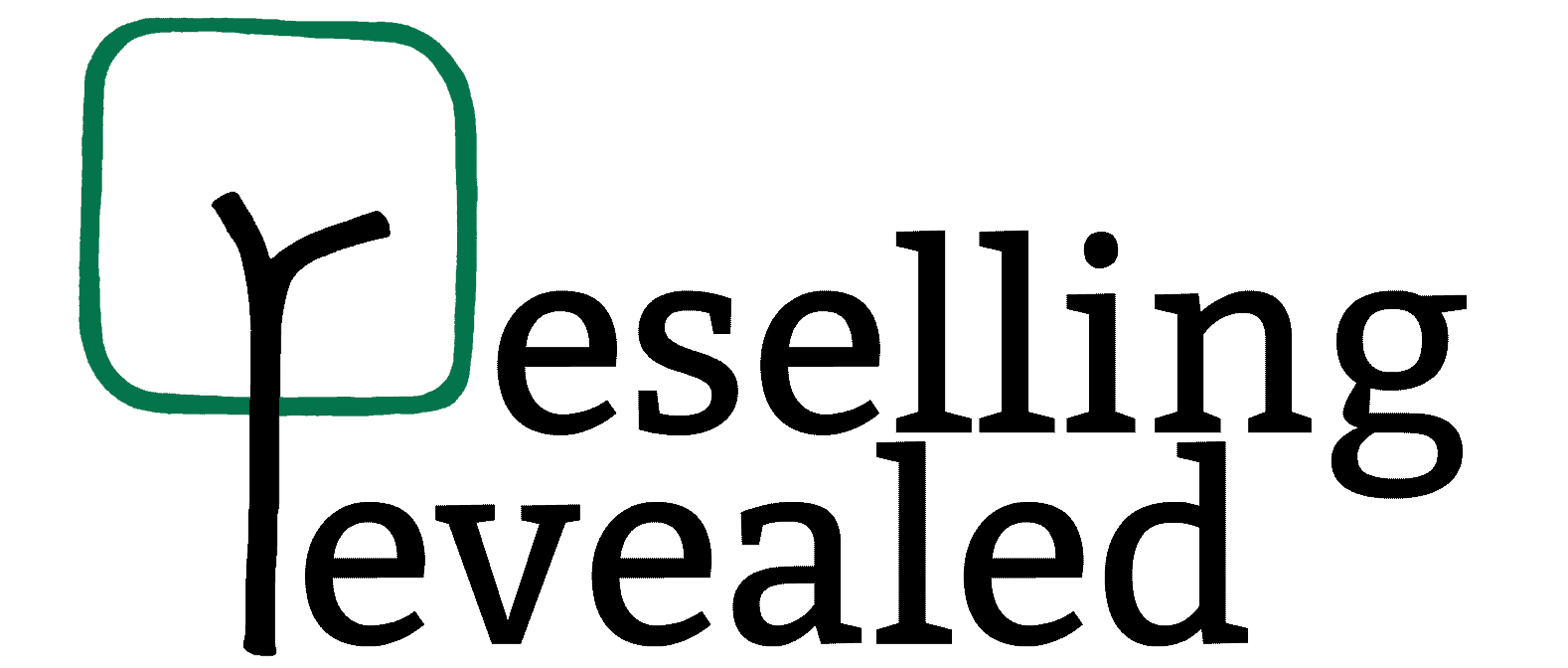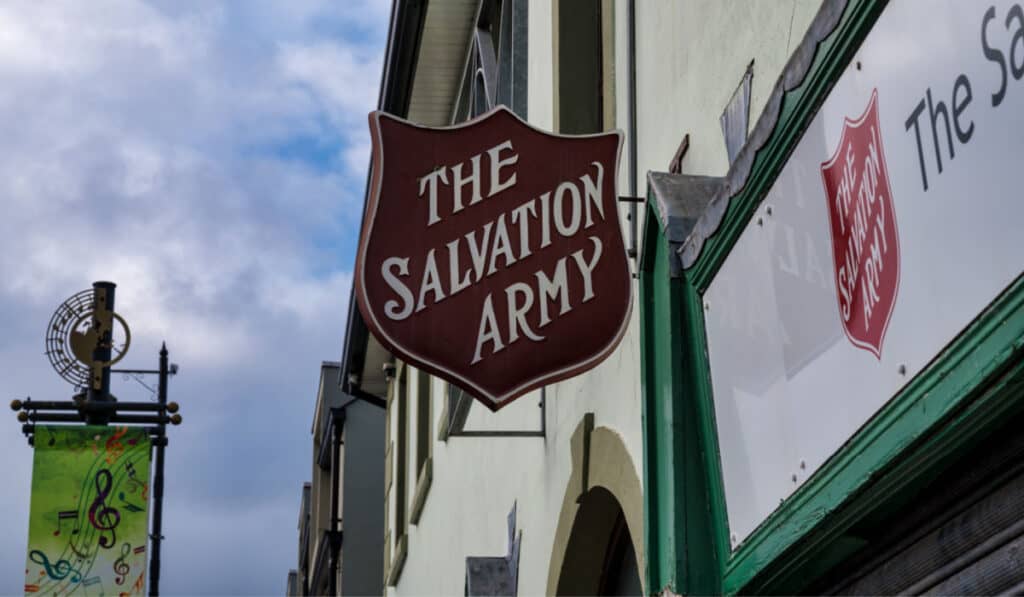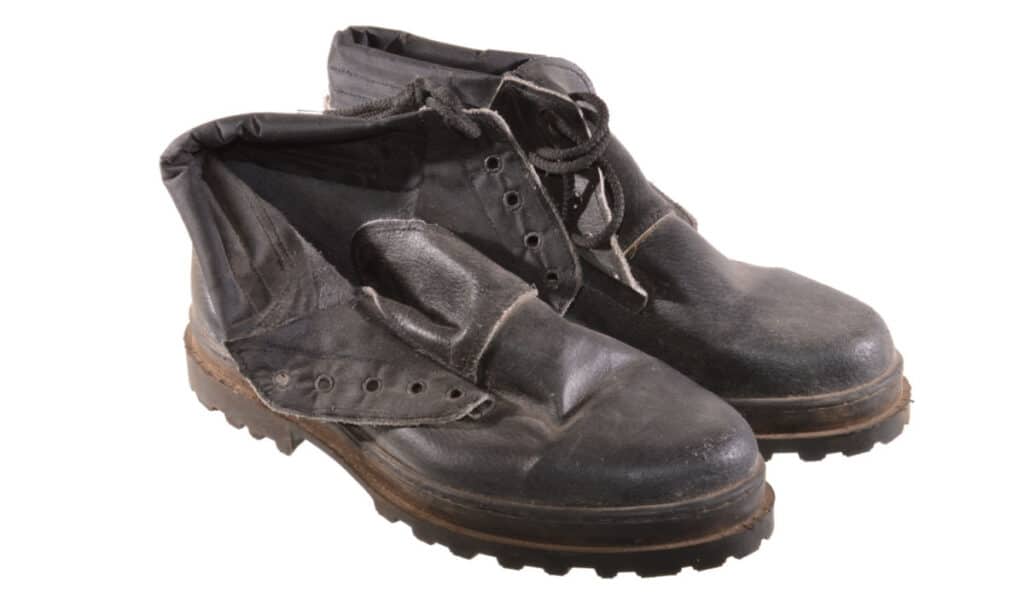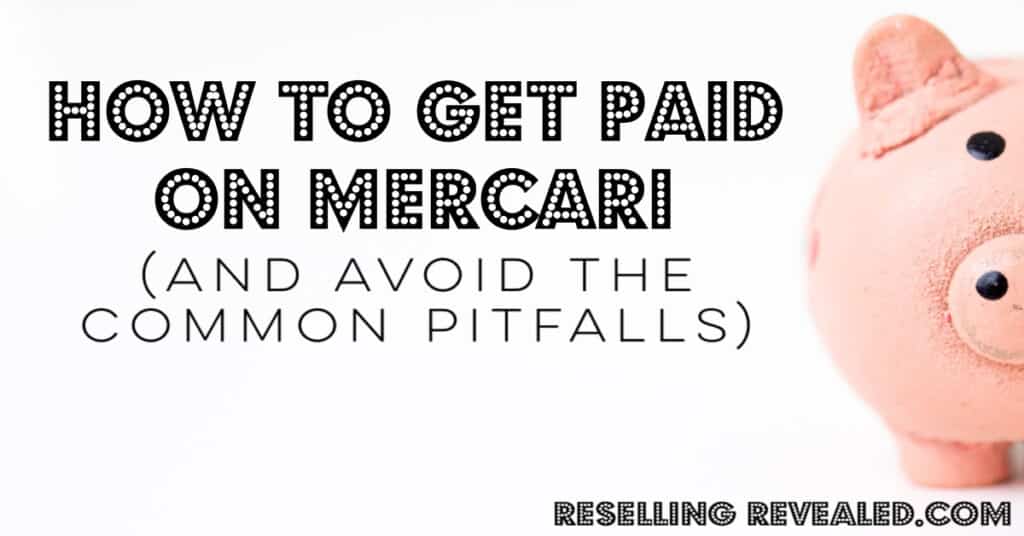As an Amazon Associate I earn from qualifying purchases.
Maybe I’m just a bit slow but I had been selling on eBay for more than a year by the time I heard of a Reseller’s Permit (also known as a Resale Certificate or Exemption Certificate).
I was checking out at one of my favorite stores and the cashiers asked to see my Resellers Permit. “uhhhhh….yeah…okay. I must have forgotten it in my other pants…”
When I got home and did some research it turns out that the permit wasn’t what I thought it was. I didn’t need a permit just to resell, but it did have tons of other perks that I had been missing out on.
So read on to see if you need a resellers permit in your state and why you should probably get one regardless. Oh, and we’ll also talk about some licenses you’ll need if you resell on eBay, Poshmark, Mercari, etc.
Understanding Reseller’s Permits
Definition and Purpose
A reseller’s permit, also known as a resale certificate, is a document that allows businesses to purchase products or services without paying sales tax, with the expectation that those items will be resold.
While having one is not a legal requirement, it helps a business to run more efficiently as it ensures that sales tax is collected only once, at the point of final sale to the end consumer.
Many resellers, however, do not have resale certificates and end up paying a significant amount of their potential profits in unnecessary sales tax (essentially paying eBay fees twice…).
Benefits of Obtaining a Reseller’s Permit
In addition to just skipping sales tax when checking out there are several advantages to obtaining a reseller’s permit for your eBay (or other reselling) business:
- Tax Exemption: Businesses with valid reseller’s permits can purchase inventory without paying sales tax, allowing for a more streamlined purchasing process.
- Business Credibility: Holding a reseller’s permit demonstrates that your business is legitimate and operates in compliance with state and local regulations.
- Wholesale Pricing: Many wholesalers and distributors (such as B-Stock) only do business with customers who possess a valid reseller’s permit, granting access to products at lower costs which can increase your profit margins.
Permit vs. License
Now, before we get too far into the weeds, it’s crucial to understand the difference between a reseller’s permit and a business license.
You can have one without the other and a business license is absolutely not optional (even though many sellers don’t get one).
A reseller’s permit focuses primarily on the sale and collection of sales tax, whereas a business license is a broader authorization to operate a business within a specific jurisdiction.
In some cases, businesses selling on eBay may also need a seller’s permit or a home occupation permit to operate legally. Even though the main draw of an eBay business is that it’s easy to start you should at least research your local laws and make sure you have the licenses to stay legal. Nothing will upset your net profits more than getting audited or paying an accountant to retroactively get your business in good legal standing.
eBay Selling and Reseller’s Permits – 3 Things To Consider
eBay’s Requirements
Long story short, eBay does not require their sellers to have a resellers permit. Sourcing (and doing so efficiently) is up to the seller and eBay doesn’t really care if you are losing money by paying sales tax to a thrift store.
Legal Considerations
Operating an e-commerce business, such as an eBay store, typically requires us to abide by the same legal rules as any other online business. Many people seem to think of eBay-selling as an extension to a yard sale and assume that they can do whatever they want.
Well, guess what? If you have a yard sale daily for profit you’ll need permits for that too.
As a seller, it is your responsibility to ensure you’re following any applicable federal, state, and local regulations. The government isn’t going to reach out to you like your elementary school teach would.
Depending on the state you operate in this may include obtaining a reseller’s license or sales tax ID. Additionally, it’s essential to determine whether our eBay selling activities qualify as a sole proprietorship, an LLC, or any other legal business structure.
Taxation and Compliance
It’s worth noting here that getting a resellers certificate does not preclude you from paying any tax besides sales tax to the places you’re sourcing from.
In fact, you don’t have to worry about sales tax at any point of the sale process as eBay collects and remits sales tax on your behalf.
However, you’re still generating taxable income and will need to include your eBay/Poshmark/Mercari earnings when you file.
In your case, this may require you to get a sales tax license or a similar permit from our state’s Department of Revenue before beginning to sell inventory.
Another part of this whole process is maintaining an accurate record of your sales and expenses (including any applicable tax payments).
Great records do two things for your business:
- It gives you an accurate picture of your profits. Many resellers are fooled into thinking they are making way more money than they actually are. When they start tracking all of their expenses, miles, fees, etc. most people find out that their $10,000 in sales per month is really only working out to $2-3,000 in profit.
- It protects you if you’re audited. If you’re audited (knock on wood) you’ll have to produce records justifying your filing numbers or risk paying more taxes. eBay, Mercari, and Poshmark will all by reporting your sales to the IRS this coming year (eBay has been already) if you have more than $600 in annual sales so you should be proactive and track your numbers now.
So, while eBay does not specifically mandate obtaining a reseller’s permit or general business license, it’s still a good business practice and is not a large expense to improve your business profits and legitimize your business.
Personally, I’ll do everything I can to ensure that my e-commerce business remains in compliance so as to avoid potential penalties or legal complications.
Starting Your eBay Business
Choosing a Business Structure
If you really want to get ahead on eBay (especially no that’s it so competitive) you’ll want to be much more surgical about how you approach your business. While I wouldn’t say that eBay is dying, the days when you could just throw up a hundred listings and be making a full-time income are long gone.
Getting a reseller’s permit is a single piece in a much larger game plan. Since most people ignore the paperwork and just start listing, you’ll be far ahead of them when they’re in a mess of paperwork a year from now and have to put their business on pause to figure out their (now much more complicated) situation.
So where should you start?
Well, first you’ll to consider the type of business structure that best suits your needs. There are several options available, including sole proprietorships, LLCs (limited liability company), corporations, and partnerships. Each structure has its advantages and disadvantages, depending on the scale and goals of your eBay business.
Most sellers choose to create a sole proprietorship when starting out as it is the simplest structure and allows the owner to have complete control and responsibility for the business. In this case, personal and business finances are intertwined, which may be convenient for small or home-based businesses. However, this structure leaves the owner personally liable for any business debts.
If you’re looking for a bit more protection for your business an LLC or corporation may be a better choice. Both structures provide limited liability, protecting the owner’s personal assets from being seized to cover business debts.
While both also come with more paperwork and higher costs, they also allow you to pay yourself a salary from the earnings which can make it easy to qualify for loans in the future (both business and personal).
Obtaining Licenses and Permits
While there isn’t a federal license specifically for eBay sellers, you’ll want to check your local laws to make sure that you’re allowed to engage in the business. This is even true if you’re working from your house as zoning laws may require you to run your business elsewhere if it meets certain requirements.
One thing that we did early, however, was to register our trade name (our eBay store name in our case) so that we could do business as our store and not as our person. This made it easier to open a bank account for our eBay business (we filed for a simple DBA in Utah).
I have heard of some people being told that they don’t need a business license until their revenue exceeds certain limits but it is much more painless to pick up the phone and find out for sure.
Tax IDs and EIN
If you’re planning on scaling your eBay business, essential set-up steps may also include obtaining a Tax ID and, if needed, an Employer Identification Number (EIN). The Tax ID is required for all eBay sellers with sales exceeding $600, due to Form 1099-K reporting requirements by the IRS.
If you operate as a sole proprietor, your Social Security Number (SSN) can be used as your Tax ID (which is one of the reasons many go this route). However, if you choose an LLC, corporation, or partnership structure, you may need to apply for an EIN. Also known as the Federal Employer Identification Number, the EIN is used to identify a business entity for tax purposes.
Taking time to choose the right business structure, obtaining necessary licenses and permits, and registering for a Tax ID and EIN will help you start your eBay business on the right foot. Remember to consider your unique needs and priorities to find the best fit and ensure smooth and compliant operations.
Conclusion
I’m sure if you’re like most eBay sellers you want to hit the ground running and start getting those sweet daily sales. That’s not a bad thing.
However, the best approach (in my opinion) is to plan for the long term and simply focus on an achievable daily listing goal while also taking care of the “business side” of your business.
If you want business-level profits, remember, you’re the CEO of your company and it can be whatever you decide it is.
Good luck and stay legal!








